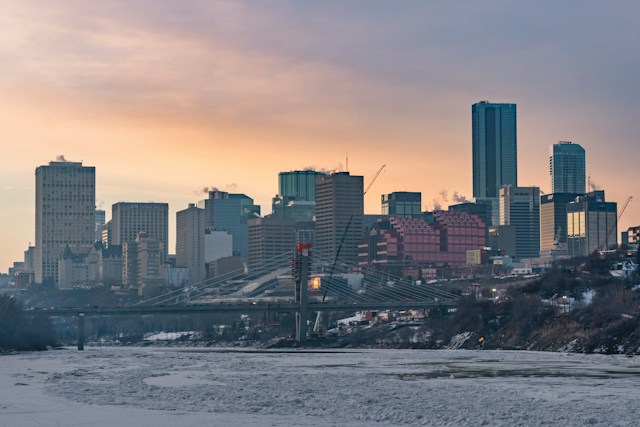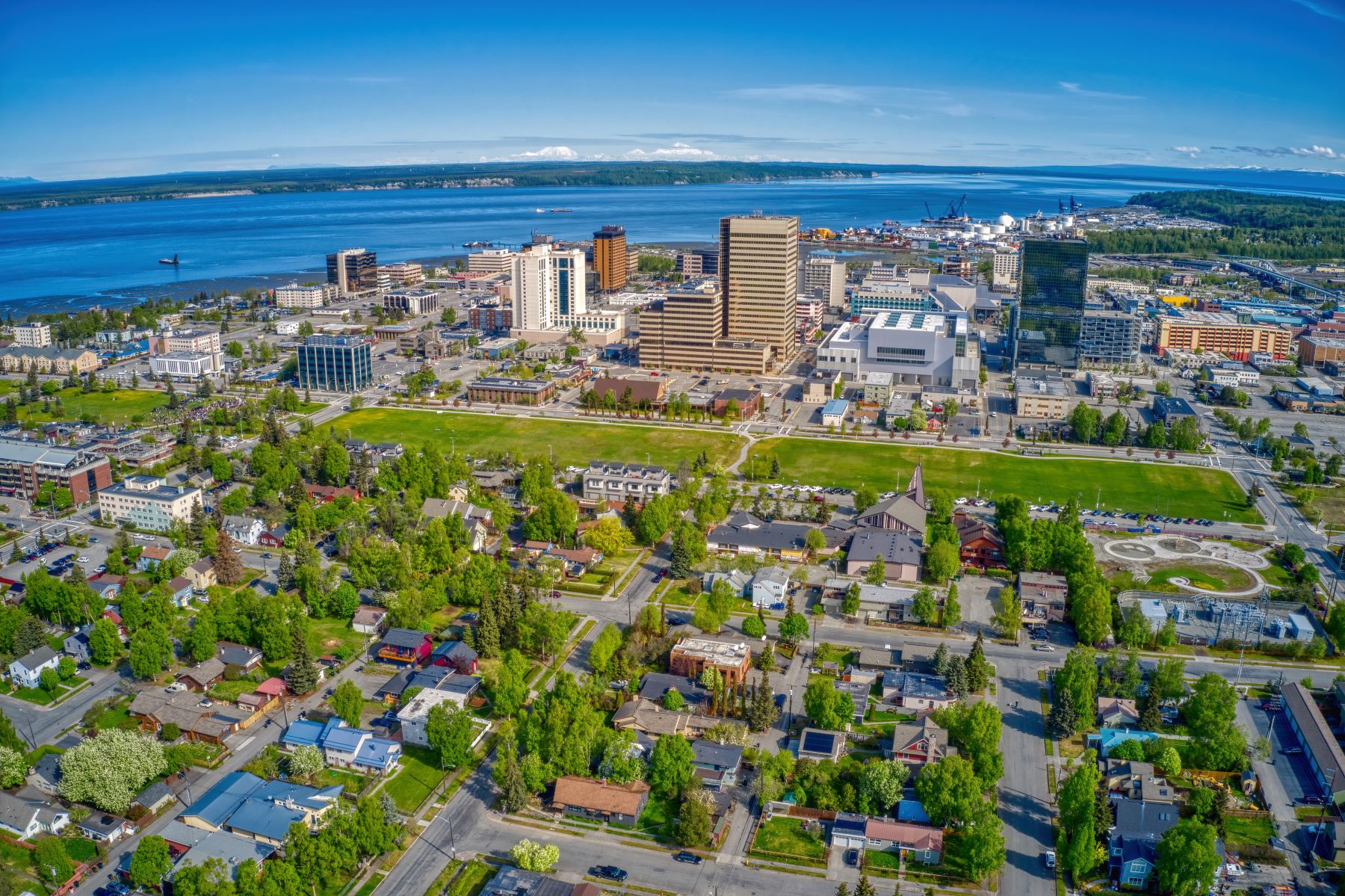Living in Alberta, Canada, comes with its own set of financial considerations. From housing and utilities to groceries and transportation, the cost of living can vary based on individual circumstances and lifestyle choices. In this comprehensive article, we’ll explore the key factors that contribute to the overall cost of living in Alberta and provide insights into how much money you might need to comfortably reside in this province.
Housing Costs:
One of the major expenses for anyone living in Alberta is housing. The cost of rent or mortgage payments depends on factors such as location, type of accommodation, and size. Calgary and Edmonton, the two largest cities in the province, tend to have higher housing costs compared to smaller towns. Researching average rental prices or home prices in your preferred area is crucial in determining this portion of your budget.
Utilities:
Beyond housing, utilities are a significant monthly expense. This includes electricity, heating, water, and internet. Alberta’s climate can lead to increased heating costs during the winter, so it’s important to budget accordingly. Understanding the average utility costs for different types of dwellings can help you estimate this part of your living expenses.
Groceries and Food Expenses:
The cost of groceries and dining out can vary depending on your eating habits and the region you live in. Urban areas typically have more dining options, but they can also be pricier. Creating a grocery budget and exploring affordable dining options are essential for managing your food expenses.
Transportation:
Alberta’s vast landscape often requires personal transportation. Whether you choose to own a car or rely on public transit, factoring in fuel, insurance, maintenance, and potential public transit costs is crucial. Understanding your commuting needs and exploring cost-effective transportation options can significantly impact your overall budget.

Healthcare Expenses:
While healthcare is publicly funded in Canada, some expenses may not be covered. Considerations include health insurance premiums, prescription medications, and dental care. Understanding what is covered by the public healthcare system and what isn’t will help you plan for potential healthcare expenses.
Childcare and Education:
For families with children, childcare and education costs are important considerations. Alberta offers a mix of public and private education options, each with its associated costs. Additionally, childcare expenses vary based on the type of care and the age of the child. Planning for these costs is essential for families.
Recreation and Entertainment:
Quality of life is not just about necessities; recreation and entertainment are integral to a fulfilling lifestyle. Whether it’s attending cultural events, participating in recreational activities, or enjoying hobbies, budgeting for leisure is crucial for a balanced life.
Taxes:
Understanding the tax system in Alberta is essential for accurate financial planning. The province has no provincial sales tax, but there is an income tax. Knowing the tax rates and potential deductions can help you calculate your disposable income more accurately.
Emergency Fund and Savings:
Building an emergency fund and saving for the future should be part of your financial plan. Unforeseen expenses can arise, and having a financial cushion ensures you can handle unexpected challenges without compromising your overall well-being.
Living in Alberta offers a diverse range of opportunities, but financial planning is key to a comfortable and sustainable lifestyle. By carefully considering and budgeting for housing, utilities, groceries, transportation, healthcare, education, recreation, and taxes, you can gain a clearer understanding of how much money you need to live in Alberta. Remember that individual circumstances vary, so personalizing your budget based on your specific needs and priorities is crucial for financial success in this vibrant Canadian province.
Cost of Living Comparison:
It can be helpful to compare the cost of living in Alberta with other provinces or regions to gain perspective. Understanding the variations in expenses can assist you in making informed decisions about where to live based on your financial goals and priorities. Online tools and cost-of-living calculators can aid in these comparisons.
Employment and Income:
Your income plays a pivotal role in determining how comfortably you can live in Alberta. Researching average salaries in your field and considering job opportunities in your chosen location is crucial. It’s essential to ensure that your income aligns with the cost of living in your desired area.
Budgeting Strategies:
Creating a detailed budget is essential for managing your finances effectively. Track your income, expenses, and savings goals to stay on top of your financial situation. Look for areas where you can cut costs or make adjustments to better align your spending with your priorities.

Government Assistance Programs:
Alberta, like other provinces in Canada, offers various government assistance programs that can help individuals and families with specific needs. Familiarize yourself with these programs and determine if you qualify for any financial assistance that can alleviate some of your living expenses.
Cultural Considerations:
Beyond financial aspects, consider the cultural aspects of living in Alberta. Engaging with the local community and participating in cultural activities can enhance your overall experience. Some cultural activities may have associated costs, so factor these into your budget for a well-rounded lifestyle.
Long-Term Financial Planning:
As you settle into life in Alberta, think about your long-term financial goals. Whether it’s homeownership, retirement savings, or investment opportunities, having a clear plan for your financial future will contribute to your overall financial well-being.
Flexibility in Spending:
Life is dynamic, and circumstances may change. Being flexible in your spending habits and adapting your budget when necessary is key to financial stability. Regularly review your financial situation and adjust your budget to reflect changes in income, expenses, or priorities.
Community Resources and Support:
Alberta communities often have resources and support networks that can assist residents with various needs. These may include food banks, community centers, and other services. Understanding and utilizing these resources can provide additional financial relief when needed.
Environmental Considerations:
Alberta’s environment can influence certain costs, such as winter heating expenses or the need for specific clothing. Consider these environmental factors when budgeting for your living expenses to ensure you are adequately prepared for seasonal variations.
Living in Alberta is not just about meeting basic needs but also about enjoying a fulfilling lifestyle. By incorporating these additional considerations into your financial planning, you can create a comprehensive budget that covers all aspects of your life. Remember that financial planning is an ongoing process, and regularly reassessing your budget will help you adapt to changing circumstances and achieve your financial goals in the dynamic landscape of Alberta.













